‘Game Of Thrones’ Sex: It’s Not Just Awkward, It’s Violation
“Awkward”—actors often use this word when they refer to the filming of nude and sex scenes, and we can’t deny Game of Thrones has plenty of these.
Yet many Christians find enough redemptive material in the show to watch it anyway.
I’m among those who have reservations about the show’s graphic sexuality. But my problem isn’t ultimately that the sex and nudity are a potential stumbling block for those serious about moral purity. That issue is secondary. After all, we can shut our eyes or fast forward or use products like VidAngel to skip scenes that we find awkward.
However, most actors have no such escape from the actual filming of those scenes. Some participate in these scenes without any qualms, but others experience serious reservations. For them, the awkwardness is unavoidable.
I submit that “awkward” is a masking word, a euphemism to describe the uncomfortable realities behind actors’ experiences. I’m sure many factors play into the awkwardness of their situation. But for this article, let’s examine three specific elements that might inspire their use of the word.
1. It’s a privacy violation.
On a movie set, it’s easy to imagine that your sexual acting out is a discreet affair. Such scenes are often filmed with minimal crew present to keep things “private.” The use of this smaller crew includes the implicit acknowledgement that a large audience would be inappropriate.
But the thing is, Game of Thrones has a very large audience. Considering that an estimated 16.1 million people watched this season’s first episode, the proceedings on set aren’t anything close to private. Pretending otherwise is tantamount to walking out of your house completely naked except for a blindfold over your eyes. You might think, “People can’t see me if I can’t see them.” But that’s not how it works.
In an interview last year, Game of Thrones star Emilia Clarke gave a revealing (no pun intended) statement about interacting with fans:
[T]here are times with certain dudes where I’m like, “You’ve seen my tits. OK, sure, you can have a selfie.” Awkward!
There’s that word: “awkward.” It’s obvious, and understandable, that Clarke would feel embarrassed when forced to face this fact: that despite a veneer of privacy while filming, almost everyone in the world has had the opportunity to see her naked, at her most vulnerable, as often as they like.
Nude and sex scenes like those in Game of Thrones are a violation of an actor’s privacy. They’re more than just awkward; they’re shame-inducing.
2. It’s a dignity violation.
One of the most popular descriptions of Game of Thrones in popular culture is the term “tits and dragons.” The result of this gratuitous parade of flesh is that actors—especially women—are objectified in the minds of the audience, leading to a collective mental treatment of them as expensive props and cheap thrills.
Even organizations far removed from conservative and religious circles are calling attention to this problem. For example, Caitlin Roper at Collective Shout says the following:
[T]he objectification of women…has been repackaged as female empowerment or women owning their sexuality (which incidentally tends to be indistinguishable from the porn-inspired fantasies of heterosexual men…go figure). Empowerment, it appears, means women being reduced to object status on their own terms.
An “empowering” striptease in a show like Game of Thrones is a violation of an actor’s dignity. It’s more than just awkward; it’s dehumanizing.
3. It’s a sexual violation.
As Speculative Faith has discussed before, Game of Thrones utilizes pornographic methods to tell its story. This is a matter beyond dispute, confirmed not just in the minds of Christians, but also in the minds of the general public. Paisley Gilmour at Cosmopolitan wrote just last month, “Look, we all know Game of Thrones is essentially 70% porn and 30% beheadings.” Even one of the executive producers of the show is quoted as saying he wanted more graphic sexuality in order to appeal to a perverted audience base.
And audiences are loving it.
For example, Ranker.com contributor Ron Mexico says the sex and nudity “will make you want to renounce technology and find a way to exist in the lust-filled, debaucherous world” of the show.
Or consider GQ contributor Paul Schrodt, who as a self-proclaimed “admirer of Game of Thrones’ more primal pleasures,” has decided to catalog and rank the quality of every nude scene in the show’s history thus far. Yes, for many, the series’s rampant sex is not a distraction—it’s a highlight. It’s not a bug, it’s a feature.
Caught between debased producers and salivating audiences are the actors themselves. They participate in conscience-searing lasciviousness, not primarily for the sake of art or the good of the story, but for the sake of a ravenous culture intoxicated with perversion. Cultural commentator Gene Edward Veith says this:
To pay a woman to take her clothes off in front of crowds of ogling men is to violate her in a very brutal way. Public sex is obscene, not because sex is evil but because sex is sacred.1
Pornographic scenes in shows like Game of Thrones are a violation of an actor’s sexuality. They’re more than just awkward; they’re brutalizing.2
Playing with (ice and) fire
Of course, the problem is much greater than just one TV show.
Game of Thrones is emblematic of a widespread moral epidemic. Sex is sacred, and yet we’re willing to put up with sexual sacrilege and manipulation of other human beings, so long as it provides us with a cathartic experience. The love we are to show to our neighbor, even at the expense of our own freedom, is mysteriously absent.
Taking into account how much sexual degradation actors go through for our amusement, I find it concerning that so many people—especially professing Christians—would not only excuse, but also defend such content. Considering the violations of privacy, dignity, and sexuality inherent in productions like Game of Thrones, such a defense seems … well, more than just awkward.





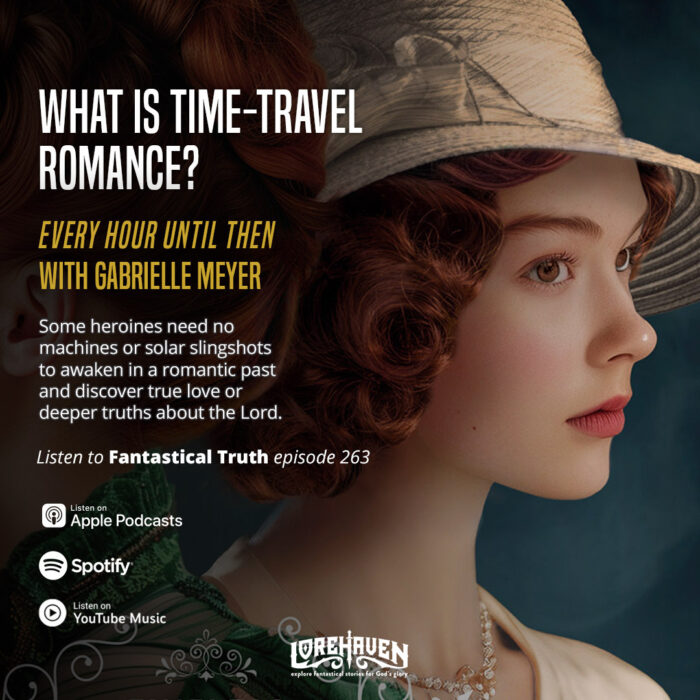















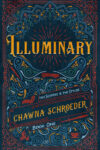




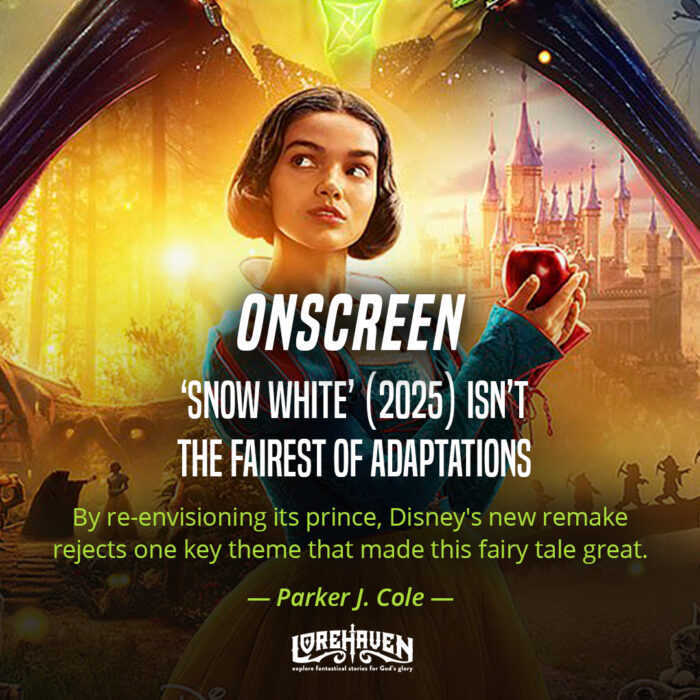



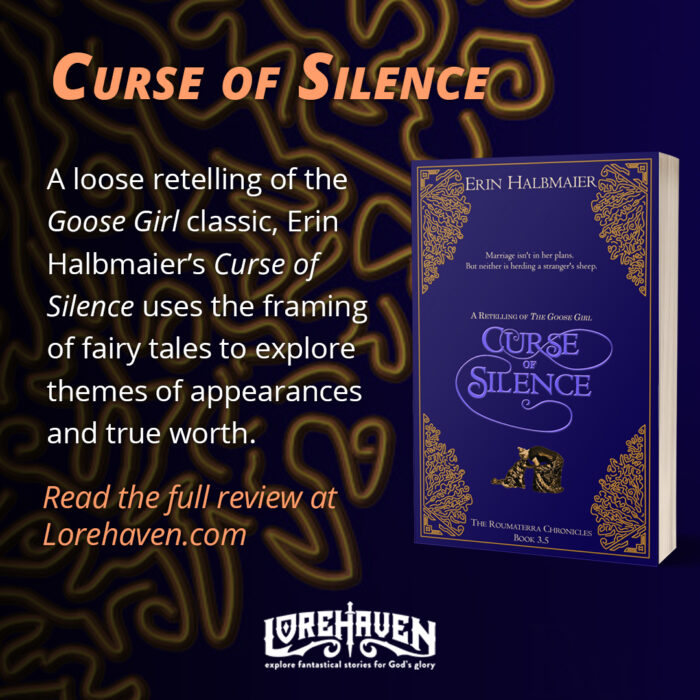


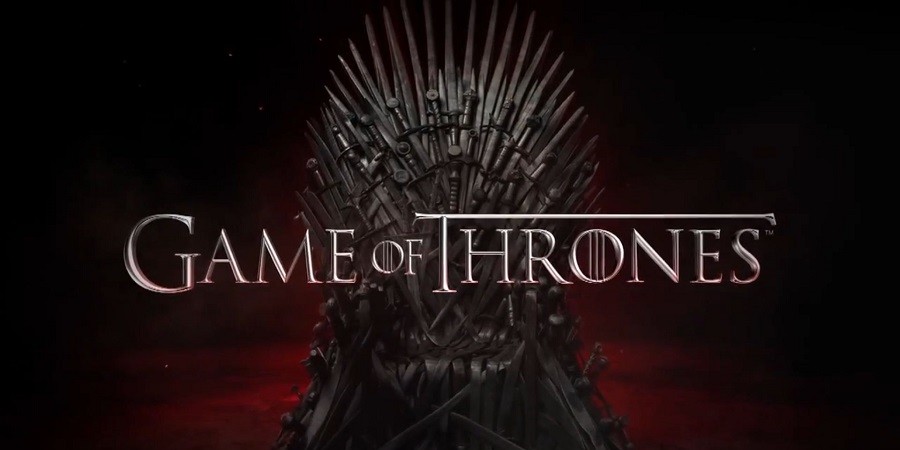



I have never watched an episode of Game of Thrones, was never interested in the storyline & had heard about the nudity so… Did watch Westworld this past year (with my hands over my eyes some of the time). I decided at the end of the season that I won’t watch any following seasons – wrote out my reasons for myself. The full frontal nudity for the actors did bother me (almost interfered with the storytelling by the egregious amount of it, IMHO) I am not the medical professional or clinician for any of them not am I their significant other! Therefore I have absolutely no need OR right to have that much knowledge of their bodies. I agree strongly with the points you made.
I remember trying to get through the very first episode of GOT, and having to turn it off after about 10 minutes, because there was a very “oh, it’s nothing, just a guy doing guy stuff” RAPE scene.
I will never ever watch a show that drops rape scenes into the mix. The second a show does a rape scene, they can forget about me ever watching it, I don’t care how popular it is.